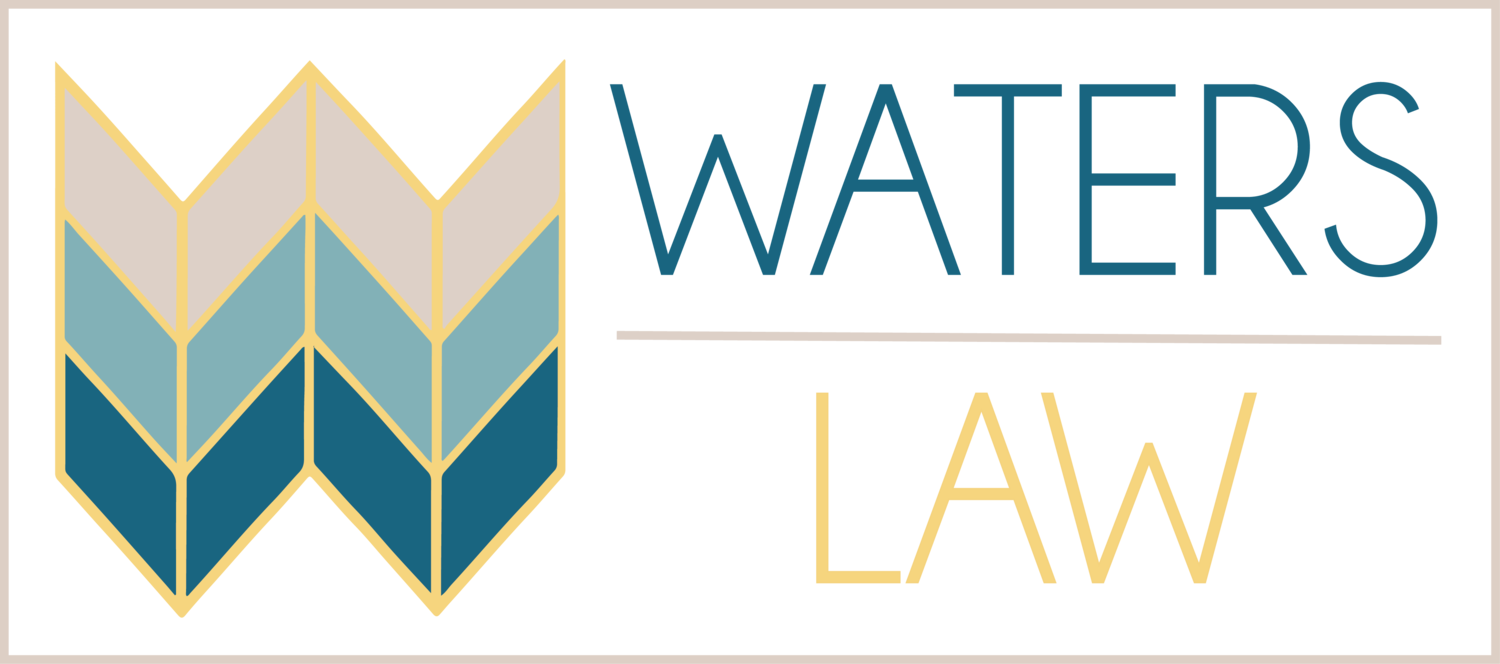What is “Elder Law”, and why should you care?
May is National Elder Law Month, which makes it the perfect time to talk about something many families put off until it is too late: planning for aging. Unfortunately, and no matter how hard we try to ignore it, we are all getting older. Elder law is about planning for the future—protecting your independence, your assets, and your ability to make choices, even if life brings the unexpected. Let’s break down what elder law really is and why it matters.
Elder Law Is About More Than Death
People often associate estate planning and elder law with what happens after death, but elder law is really focused on planning for life.
It’s about:
Making sure your wishes are known if you can’t speak for yourself
Choosing who will make decisions for you
Getting the care you need without going broke
Keeping control over how your affairs are handled
Planning for Long-Term Care
Here’s a fact that surprises many people: According to the U.S. Department of Health and Human Services (HHS) (https://acl.gov/ltc), 70% of adults over age 65 will need some form of long-term care. That care isn’t cheap. In Tennessee, nursing home care can easily exceed $10,000 per month. Without a plan, many families find themselves spending down retirement savings or selling the family home just to afford medical care.
That’s where the Medicaid planning component of elder law comes in. With the right strategy, it may be possible to qualify for Medicaid benefits without losing everything you’ve worked for, even if care is needed right away.
Protecting Assets with a Medicaid Asset Protection Trust
Many families worry they will have to spend everything they own before qualifying for Medicaid to help cover nursing home costs. Fortunately, that is not always the case.
A Medicaid Asset Protection Trust (MAPT) is a special kind of irrevocable trust designed to protect your assets while still allowing you to qualify for Medicaid in the future. When done properly and early enough—at least five years before care is needed—a MAPT can shield your home, savings, and other assets from being counted as part of your Medicaid eligibility.
Here is how it works: You transfer certain assets into the trust, which is managed by a trusted person (called a trustee). You no longer own the assets in the eyes of Medicaid, but you can still live in your home or receive income from the trust in certain cases. After five years (the “five-year look-back period”), those assets are protected.
This strategy is especially helpful for people who want to:
Protect the family home
Preserve an inheritance for children
Avoid losing everything to long-term care costs
Medicaid planning does not mean giving up control—it means making informed decisions while you still can. A MAPT can be a powerful tool when used as part of a comprehensive elder law plan.
Even if you don’t have five years before you expect to need skilled nursing care, there may still be strategies that can be used to protect some, if not all, of your assets. See our page on Elder Law for more information about Medicaid planning strategies.
Decision-Making and Legal Authority
A common misconception is that family can automatically step in if someone becomes unable to manage their affairs. Unfortunately, that’s not true. Many people are surprised to find out that even a spouse is not entitled to make all decisions for you in the event of your incapacity without the proper documentation.
If you become incapacitated and don’t have the proper documents in place, your loved ones may need to go through conservatorship proceedings in court, a process that’s public, expensive, and slow. When a family is dealing with the difficult issue of a loved one’s incapacity, the last thing they need to be worried about is having to go to court.
Having Powers of Attorney in place (one for finances and one for health care) allows you to name someone you trust to make decisions for you if needed, and avoid the courtroom entirely. Don’t wait until you need Powers of Attorney to get them—once you get to the point that you need them, you’re likely past the point of being able to execute them.
Why a Will or Trust Still Matters
While much of elder law focuses on planning for incapacity and long-term care, it is just as important to have a plan in place for what happens after you are gone. That starts with having a Will or a Revocable Living Trust.
A Will allows you to name who will receive your assets and who will handle your final affairs. A Will must go through probate, a court-supervised process that can be time-consuming and costly. A Revocable Living Trust, on the other hand, can help your loved ones avoid probate entirely. It offers more privacy, quicker access to assets, and can make things easier for your family during an already difficult time.
One of the most important benefits of either document is that it puts you in control. You decide what happens to your estate—not the court, not state law, and not whoever happens to speak the loudest after you are gone.
Planning ahead with a Will or Trust gives your family clarity, reduces conflict, and brings peace of mind.
Bottom Line: It’s Never Too Early (Or Too Late) to Plan
Whether you are planning ahead or dealing with a sudden health event, elder law helps you navigate life’s challenges with confidence. It is not about giving up control; it is about keeping it.





